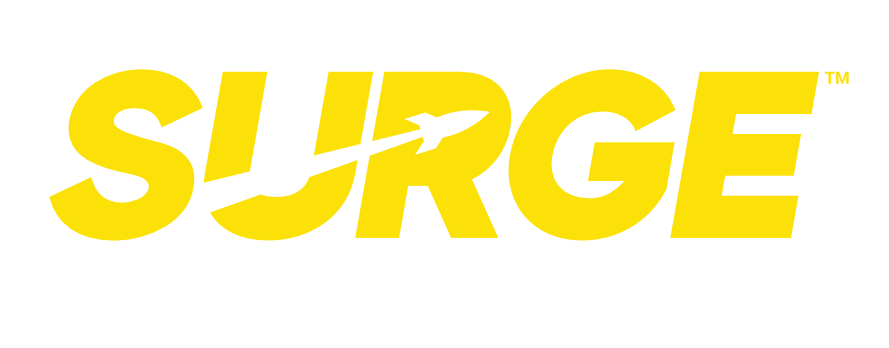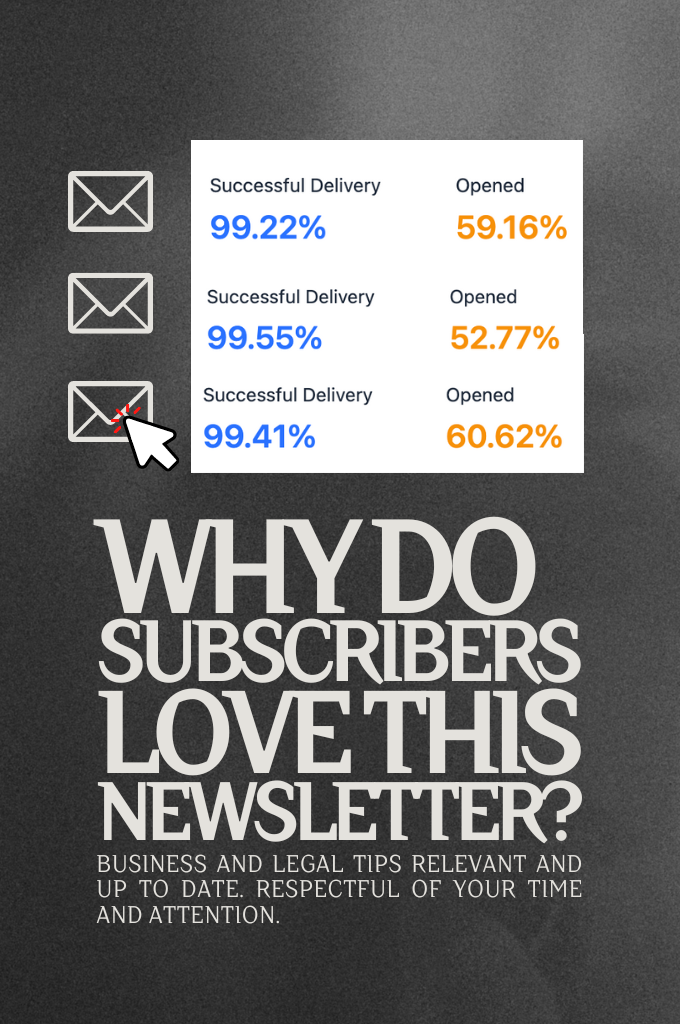How to Verify a Small Business’s Income Without Overspending on Due Diligence
You’ve found the perfect small business to buy, maybe an absentee-owner gas station, a local auto shop, or a cozy café. The broker sends over some initial point-of-sale reports and spreadsheets. They look good. But a nagging question keeps you up at night: Can I trust these numbers?
A similar scenario was discussed recently on Reddit. A first-time business buyer was trying to verify a gas station’s income claims before committing to formal due diligence. The community offered plenty of well-meaning advice:
- “Ask for several years of tax returns.”
- “Hire an accountant for a full quality-of-earnings analysis.”
- “Stake out the parking lot for a few days and count customers.”
- “Go through three years of bank statements—and if they won’t provide them, walk away.”
That’s solid, traditional advice. For a multi-million-dollar acquisition, it’s essential. But what if you’re looking at a $350,000 business? Is it smart to spend $50,000 on accountants and lawyers before you even own it?
Probably not. For smaller deals, full-scale due diligence can cost more than the risk it protects against. You should never take a seller’s word at face value, but there’s a smarter, more cost-effective way to protect yourself.
The “Gut Check” Diligence
Instead of launching a full investigation from day one, start with a simple “gut check.” You’re not trying to verify every transaction, just to make sure the business is roughly what the seller says it is.
Do some basic homework. Yes, you should still review tax returns and financial records for the last three years. But you’re looking for plausibility, not perfection. Do the numbers make sense? Are there obvious red flags or inconsistencies? This first pass helps you decide if the deal deserves a deeper look.
Most sellers are presenting information that’s accurate (or at least close to it). Outright fraud is uncommon; more often, issues come from exaggeration or sloppy bookkeeping. That means your biggest risk isn’t deception, it’s overpaying for peace of mind.
So, if you’re not spending a fortune on accountants, where does your real protection come from?
Your True Safety Net: The Business Purchase Agreement
Your best protection isn’t a magnifying glass, it’s a well-written business purchase agreement. You can protect yourself far more effectively and affordably by embedding your safety net directly into the contract. Particularly on deals under $2M.
Here’s how:
- Representations and Warranties – This is the section of the agreement where the seller makes specific factual promises about the business. For example, they warrant that the financial statements are accurate, there are no hidden debts, and all taxes have been paid. If it later turns out that the seller exaggerated or lied, that’s a breach of warranty and you have legal recourse.
- Dispute Resolution Language – The contract should clearly spell out what happens if a warranty is breached. With this in place, it becomes much easier to pursue the seller for misrepresentation or fraud.
Instead of spending thousands trying to catch a lie beforehand, you make it legally and financially painful for the seller to have lied in the first place. The contract functions as your legal safeguard.
Striking the Right Balance
Buying a business will always involve a leap of faith—but it should be a calculated one. By starting with a quick “gut check” and building protection into your purchase agreement, you can move forward with confidence without breaking the bank.
This approach lets you save your resources for growing the business you just bought, rather than overspending just to get the keys.
Ready to take the next step? Understanding the buying process is critical.
- Learn about valuation and how to determine what a business is truly worth: How Much to Sell a Business For
- For a high-level view of the entire transaction process, see our overview: Buying or Selling a Business
- When you’re ready for personalized legal help, visit our service page: How to Buy a Business to review pricing, download our guide, and book an appointment.


